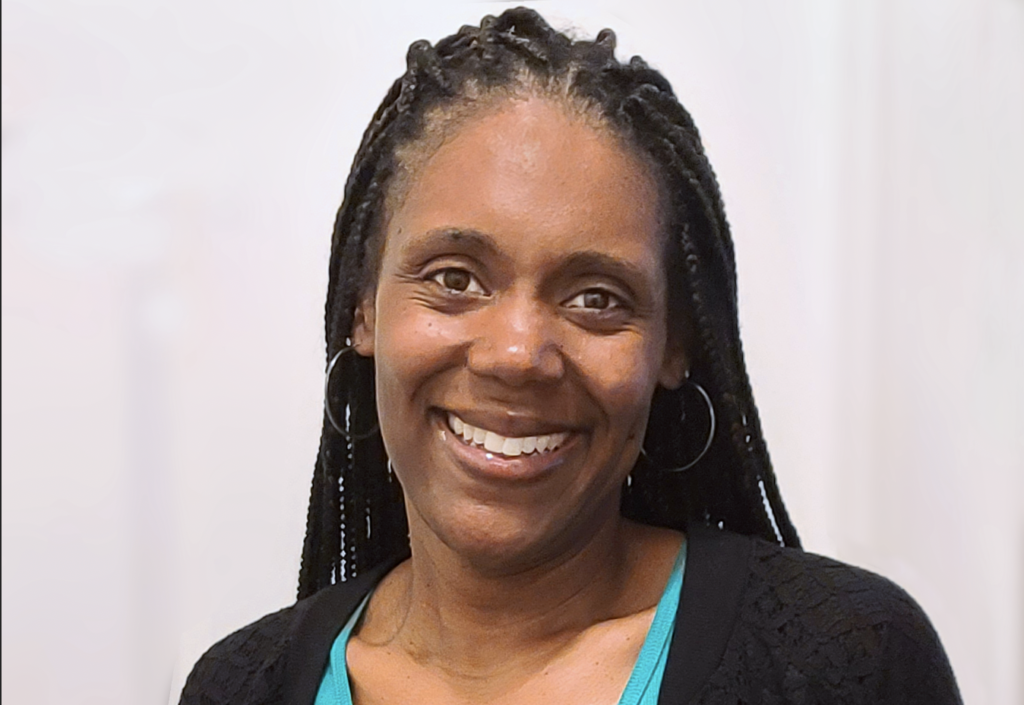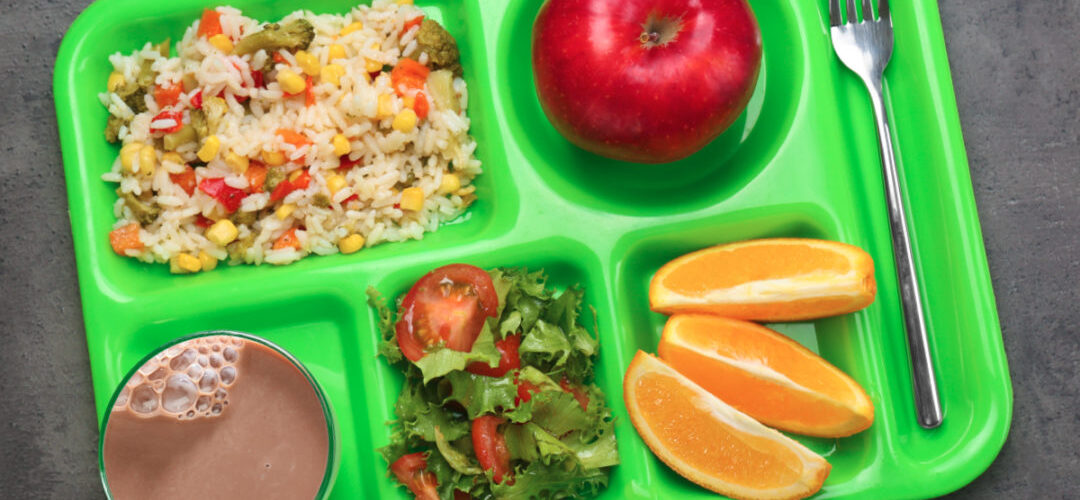We’re Tackling School Nutrition. Here’s Why Policymakers Should Care Too.
By Ruth Davis & Reggie Evans
We can’t expect our children to focus on something as important as education if they are hungry. As parents, we couldn’t imagine our children or any child trying to learn like that, so why do we expect our children to reach their full potential if they aren’t receiving nourishment?
Some Minnesota students and families face challenges that many of us will never understand. Ensuring all children have healthy, free school meals can take so much pressure off a large portion of Minnesota children and their families. When a child eats two free, nutritious meals a day at school, it can reduce financial strain on the family’s food budget. But we also know that a well-nourished child is a better learner, test-taker, and participant in school. According to the USDA, school meals help reduce the impact of food insecurity while also improving outcomes for children. Additionally, school districts that switch to a universal model of meals for all children are likely to see a reduction in their administrative burden. Schools no longer have to foot the bill for unpaid meal fees or no longer have to try to collect them from families. This allows school nutrition staff to focus on preparing and serving healthy meals and eliminates a significant financial burden for school districts and families.
We’re often so busy focusing on families who can afford to pay that we lose sight of how much food insecurity is affecting those kids whose families don’t qualify for subsidies and are not sure where the next meal is going to come from. The way meal plans are currently structured in Minnesota schools allows many hungry children to fall through the cracks. Some families do not complete meal forms for whatever reason, including undocumented families whose kids would likely qualify for free/reduced-price lunch. The result is that they’re required to pay full price for school meals, placing an undue burden on families. Similarly, these same families rarely know about the available state/federal resources. When it comes down to it, kids can be going hungry both in and out of school due to the administrative burden families face in the form of substantial and redundant paperwork and red tape—year after year. The school meals dynamic “poor people must repeatedly prove to the state that they are poor or unworthy of support” is a microcosm of how our society makes poverty unnecessarily more difficult.
For Minnesota, how rich in agriculture and food-related resources, it is alarming that an estimated one in six children experience hunger. These are our children and what we invest in them gives them the means to pour back into our state and communities as they go and grow through life. We could spend years trying to find the absolute “perfect” formula to reach only the children most in “need.” However, with so many Minnesota kids facing food insecurity, imagine the impact of feeding all of our children right now instead—including freeing students from the stigma of being singled out for receiving free school meals.
EdFellows Introductions
Through EdAllies, this year’s EdFellow’s are focusing on hunger in Minnesota schools and the impact on education outcomes for kids.
When we heard about the EdFellows opportunity, we knew we had to do what we could to raise our voices and help. It is important to us as parents, Minnesotans, community members, and human beings; we understand and relate to food insecurities. Our children shouldn’t have to carry the burden of going hungry at the cost of their education, and their families shouldn’t have to suffer or be embarrassed because they can’t afford to pay for the school meals.
 My name is Ruth Davis. I’m a mom of two and an Equal Opportunity Consultant II with the Metropolitan Council. For the past six years, I’ve worked in collaboration with local organizations on projects supporting historically marginalized people and underrepresented communities and diversity, equity, and inclusion. I’m also a small business owner.
My name is Ruth Davis. I’m a mom of two and an Equal Opportunity Consultant II with the Metropolitan Council. For the past six years, I’ve worked in collaboration with local organizations on projects supporting historically marginalized people and underrepresented communities and diversity, equity, and inclusion. I’m also a small business owner.
 I’m Reggie Evans. As a father of two young boys, faith leader, and a person concerned about the well-being of others—especially our youth. I was immediately drawn to the EdFellows opportunity to support healthy hunger-free schools. I believe our children shouldn’t carry the burden of hunger while at school (or anywhere).
I’m Reggie Evans. As a father of two young boys, faith leader, and a person concerned about the well-being of others—especially our youth. I was immediately drawn to the EdFellows opportunity to support healthy hunger-free schools. I believe our children shouldn’t carry the burden of hunger while at school (or anywhere).
Our Work Going Forward
The Healthy Hunger Free Schools (HHFS) coalition is composed of dedicated people and organizations from various sectors who recognize the many benefits of feeding our children. Like Allina Health, EdAllies, Blue Cross Blue Shield of MN, General Mills, Almeida Public Affairs, The Food Group MN, Hunger Solutions, to name a few of the many organizations that support this work. This coalition works to ensure all students have access to free nutritious options at school.
As EdFellows, we will support the HHFS coalition by informing people about the issue our students are facing, creating a presentation explaining the need and ways forward, meeting with legislators, and working together with a group of diverse leaders to get free, healthy school meals to all of our Minnesota students.
Once people understand the challenges associated with not offering free meals, it is much easier to get them involved and take this solvable issue to the Legislature. Then, Minnesota’s leadership has the opportunity to see the importance of these initiatives and make the necessary changes in Minnesota—as California and Maine have already done!
Join us!
EdAllies seeks to elevate diverse voices and foster a candid dialogue about education. While we provide our blog as a platform for EdVoices and other guest contributors, the views and opinions they express are solely their own.

